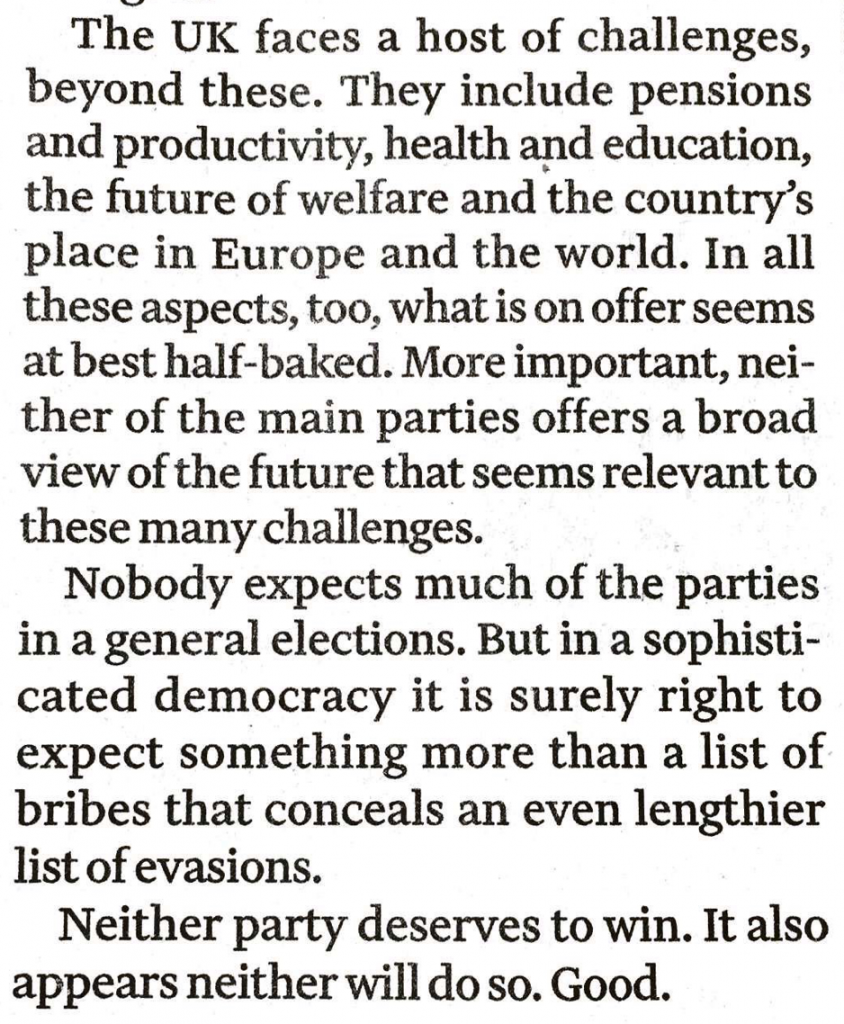Interesting NYT piece by Nick Bilton, which starts by outlining the way in which the Net has become a machine for amplifying cruelty but finishes on a more nuanced note, suggesting that maybe we should be researching the social dynamics of this kind of mob behaviour.
In the early days of Twitter, I jumped into the fray a few times myself. But since then, having been on the receiving end of several Internet mobs, I think twice before piling on.
Some people I know who were once attacked by a mob now reach out to whomever is the Internet’s piñata of the week, telling them to hang tough, to look the other way and that this, too, shall pass.
And I’ve come to the realization that most people do not join these online mobs with the intention of being mean.
Whether it’s an online army of one or millions, people often believe they are doing the right thing by joining the mob.
“You show your proof of membership in a community by criticizing the most erratically,” said Anil Dash, a tech entrepreneur and blogger who has been on the receiving end of racially charged Twitter mobs. “There’s a social dynamic that says ‘Let me show that I belong.’ And there is a reward structure for being even more inflammatory.”
Mr. Dash noted that online mobs can sometimes serve a public good, as in cases when the powerless are given a voice to hold the ruling class accountable.
But the next time we want to provide justice from behind a keyboard, we should remember that there is a nuanced human being on the other side of that screen.
And while we’re not intending to be mean online, there’s a chance that in our quest for justice, we are performing an even worse injustice.
He ends by quoting Nietzsche: “Be careful when you fight the monsters, lest you become one.”




